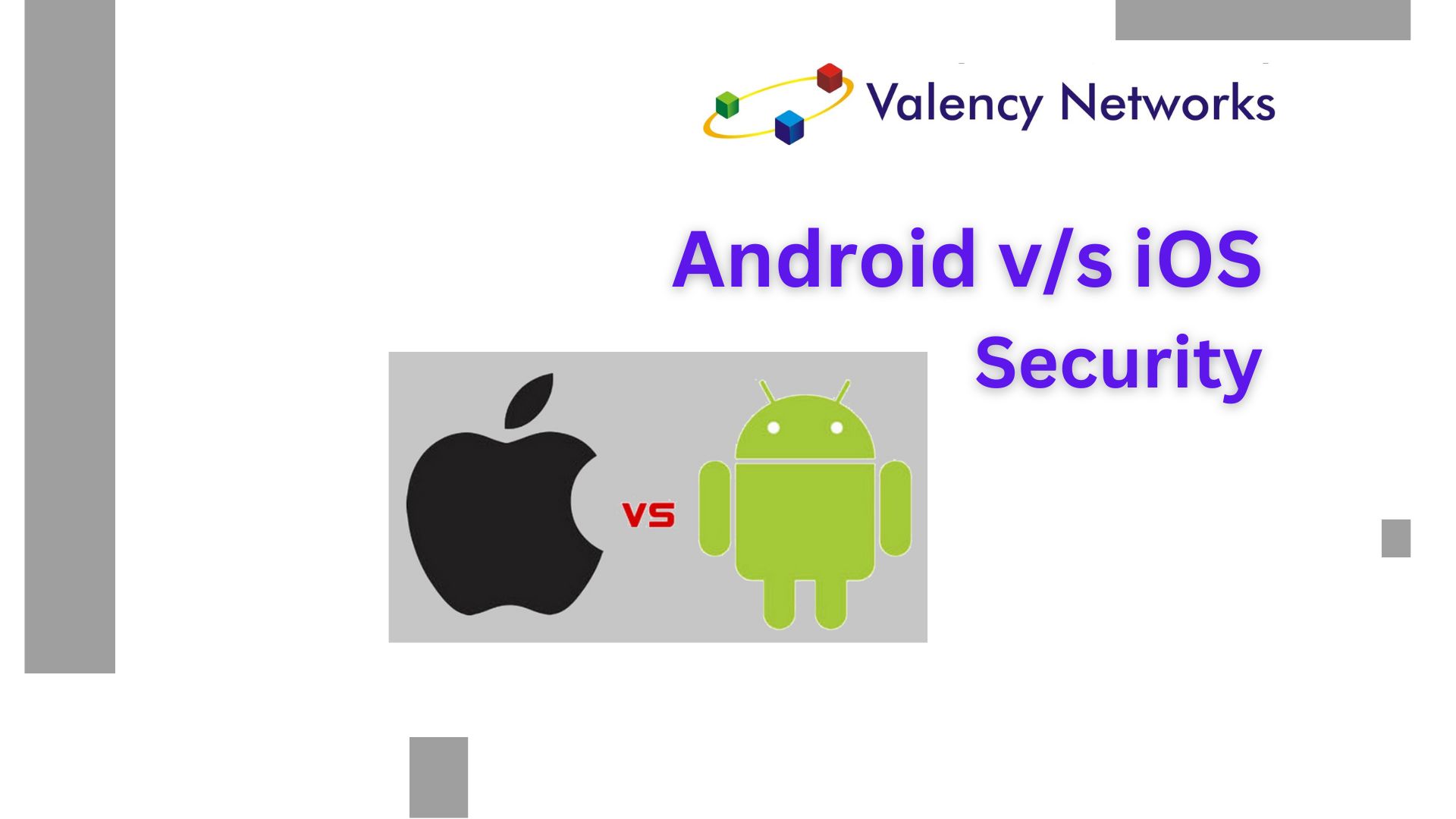- DORA Compliance – A Complete Guide by Valency Networks - 31/01/2025
- Is ICMP Timestamp Request Vulnerability worth considering - 31/12/2024
- Understanding Threat Intelligence in ISO 27001-2022 - 21/11/2024
Are Android Apps More Secure or iOS Apps?
When it comes to mobile app security, developers play a crucial role regardless of the platform they choose. Let’s look at Android and iOS app security from a developer’s perspective to see which platform offers better security for mobile apps.
Android App Security: Flexibility with Challenges
Building secure Android apps can be tough due to the platform’s openness and device variety. Android gives developers a lot of freedom, but it also means we have to be proactive about security. We have to deal with different devices running various Android versions, each with its own security issues.
To help, Google offers useful security features like Google Play Protect, which checks apps for malware before they’re on the Play Store. Android also has sandboxing and permissions systems, which let us protect user data and control access.
iOS App Security: Challenging Assumptions in the Apple World
iOS development might seem more secure because of Apple’s strict app review process and closed system. But sometimes, developers get too comfortable, thinking the platform’s security features are enough to keep apps safe.
While iOS does have good security features like App Transport Security and the Secure Enclave, developers still need to stay alert to new threats. If we don’t follow good coding practices and protect data properly, our iOS apps can still be vulnerable to attacks.
Key to remember is None of the Apps are Secure. We need to take efforts to make them secure.
Conclusion: It’s Up to Developers, Not Platforms
In the end, how secure a mobile app is depends on the developer, not just the platform. While iOS might seem safer, developers shouldn’t rely solely on the platform’s built-in security. We need to be proactive about securing our apps, no matter if we’re on Android or iOS. By focusing on secure coding, encryption, and data protection, we can build apps that keep user data safe from threats.

